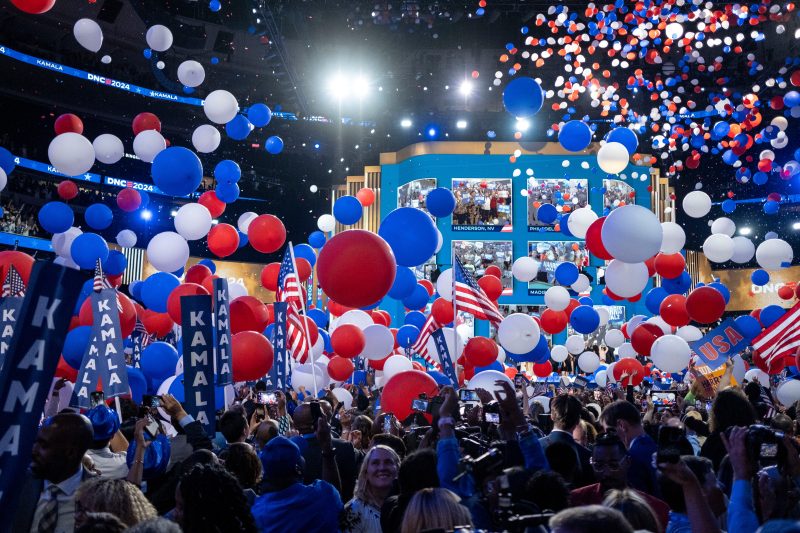
Swing-State Voters Speak Out: Reactions to the Democratic National Convention
One of the most crucial battlegrounds in any U.S. presidential election is the swing states, which often hold the key to winning the race to the White House. These states are dynamic and diverse, with voters who often decide the outcome of national elections. As the Democratic National Convention wrapped up, it left a lasting impression on voters in swing states across the country. Let’s take a closer look at what some swing state voters have to say about the convention and its impact on their political preferences.
In Florida, a swing state with a history of tight races, voters expressed a range of reactions to the Democratic National Convention. Some praised the event for its uplifting messages of unity and hope, while others criticized it for lacking specificity on policy issues. One voter, a former Republican who switched his support to Joe Biden, noted that the convention helped solidify his decision due to its focus on inclusion and diversity.
Pennsylvania, another critical swing state, saw a similar mix of opinions among voters. Some respondents felt that the convention did a good job of showcasing Biden’s personal character and leadership qualities, which resonated with undecided voters. Others, however, expressed concerns about the lack of in-person interactions and the challenge of connecting with viewers emotionally through a virtual format.
In Michigan, a traditionally blue state that flipped to support Trump in 2016, swing state voters had varied reactions to the Democratic National Convention. While some praised the diversity of speakers and the uplifting messages of change, others remained skeptical about the ability of the Democratic Party to deliver on its promises. The convention did little to sway undecided voters, with many still expressing concerns about the party’s unity and vision for the future.
Wisconsin, a state that played a pivotal role in Trump’s narrow victory in 2016, also saw mixed reviews from swing state voters. Some respondents appreciated the convention’s focus on empathy and compassion, which they found lacking in the current administration. Others, however, were critical of the virtual format and expressed doubts about whether the Democratic Party could effectively mobilize its base in the upcoming election.
Overall, swing state voters’ reactions to the Democratic National Convention were a reflection of the deep divisions and uncertainties that characterize U.S. politics today. While some voters were energized by the convention and felt more confident in their support for the Democratic ticket, others remained skeptical and unconvinced. As the election draws near, both parties will need to work hard to appeal to swing state voters and win their crucial support in November.
